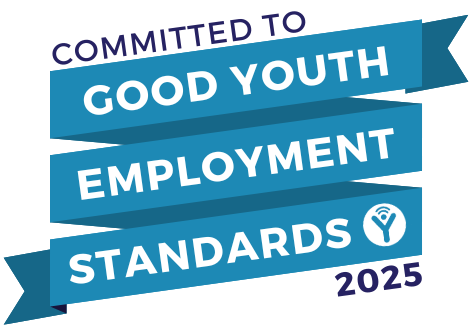The Chemical Industries Association (CIA) and Cogent Skills have published the output from a series of executive roundtables on the future skills requirements of the chemical sector.
A key enabler for Net-Zero and well placed to lead the charge on decarbonisation, the research identified a number of practical recommendations for the chemical sector, including;
• Greater collaboration between sector stakeholders to create a shared understanding around common issues, utilising existing skills groups and bodies.
• Developing and maintaining a broad range of industry-specific apprenticeship standards that are fit for purpose and reflect modern technological needs.
• Recognising Net-Zero and technological advancements as an opportunity to improve the perception of the sector as a critical part of the solution to tackling climate change.
• Promoting a culture of lifelong learning and continuing professional development (CPD).
• Improving collaboration with academic institutions and training providers to ensure qualifications continue to meet the evolving needs of employers.
With the industry playing a vital role in our global economy and employers committed to delivering more sustainable solutions, the research project sought to understand the skills requirements for the transition to a low-carbon future. The CIA and Cogent Skills worked in partnership to explore the perspectives and experiences of senior industry professionals, promoting open dialogue on the opportunities and challenges around skills.
A theme that featured strongly throughout the research was the need for greater collaboration on skills between employers and sector stakeholders to share knowledge, resources and best practice. As one employer stated, “What we need to do as an industry is think through how we work collaboratively, as a cluster of businesses, to define what our strategy looks like.”
With an appropriately skilled workforce being a prerequisite for delivering growth and sustainability, the research also shone a light on the increasing demand for highly skilled workers (qualified at degree or equivalent level), which is likely to continue into the future. The proportion of workers in the sector who hold a degree level qualification has already increased from 22.5% in 2010 to 37.8% in 2020.
Participants were also asked about their views on apprenticeship requirements within the industry, and whilst some employers cited confusion and complexity over the current system, others evidenced a more flexible approach to utilising the apprenticeship system to upskill the workforce. As one employer commented, “We are doing a mix of apprenticeships now, we’ve got new recruits coming in at around level three, but this year we’ve also started moving into some of the advanced apprenticeships for current staff”.
Justine Fosh, CEO of Cogent Skills, commented: “The output of this research is testament to the power of employer-led collaboration on skills. The transition to Net-Zero is largely dependent on the continued development of a highly-skilled, vibrant and diverse workforce, and it is vital that employers within the chemical industry have access to the skills they need now and in the future.”
The full report, including recommendations, is available to view here.
Notes
1.Future Skills for the Chemicals Industry
2. For media enquires contact (CIA) Simon Marsh [email protected] (Cogent Skills) Roger Thomas [email protected]







